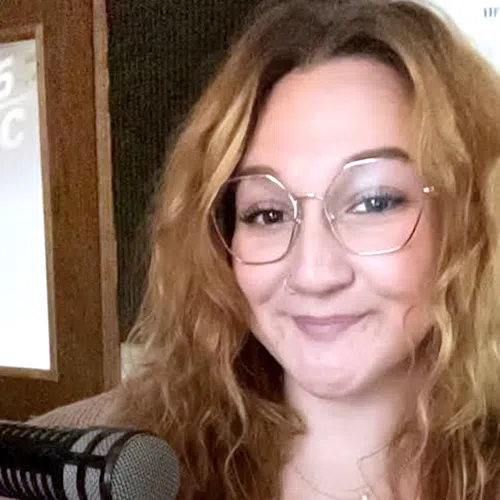INDIANAPOLIS, Ind. (WTWO/WAWV) — Indiana State Representative Vanessa Summers said it’s time for Indiana to make a change when it comes to legalizing cannabis.
“We are going to end up being surrounded by states that have legalized cannabis,” Summers said, “That means our people on the borders will be going over, getting legal weed, and bringing it back to Indiana. I just think it’s an issue that time has come.”

Courtesy: American Nonsmokers’ Rights Foundation
Summers turned her thoughts on cannabis legalization into a bill that’s being proposed at the Indiana Statehouse this session. The bill would legalize cannabis and establish a cannabis regulatory agency (CRA) to cover the regulation and permitting of parties like growers, processors, dispensaries and cannabis researchers.
The bill has several similarities to the Cannabis Regulation and Tax Act, which legalized recreational cannabis in Illinois; as of January 1, 2020, the state to Indiana’s western border has allowed people age 21 and older to purchase regulated quantities of cannabis products for personal use. Illinois legalized medicinal use of marijuana in 2013 through the Compassionate Use of Medical Cannabis Program Act.
In Illinois’ first year of recreational cannabis sales, the state reported more than $100 million in tax revenue. Additionally, more than 400,000 minor cannabis-related offenses have been expunged from records as part of Governor J.B. Pritzker’s cannabis expungement policies. The expungement process removes charges related to non-violent cannabis possession or use from a person’s criminal record.
“It’s a very rare, unique opportunity to have a clean slate,” Geneva Brown, a CARPLS staff attorney, said.
Brown works on expungement cases through the New Leaf Initiative, which is funded by the state of Illinois and is a project of the Illinois Equal Justice Foundation. CARPLS Legal Aid is one of 20 nonprofits throughout Illinois that is part of the initiative.
How does cannabis legalization compare to Prohibition?
Brown has worked with clients to get cannabis charges expunged since the option was created for Illinois residents. She said there are several barriers that her clients had to face before their records were cleared.
“A lot of people have had jobs denied to them,” Brown said, “That’s the main reason I really feel that people are trying to have these offenses removed from their record. You can’t have employment with the government, you can’t work in certain sensitive areas, it denies you sometimes access to public housing or continuing education.”
Aside from the expungement process, Brown said the legalization of cannabis has allowed for everyday people to use the drug in a way that can benefit them.
“A lot of people have been self-medicating quietly with use of cannabis because of anxiety, PTSD, lots of veterans can now get access to this,” Brown said.
Rep. Summers echoed Brown’s thoughts on the importance of the expungement process, especially as it applies to minority communities.
“We have African Americans that are three times more likely to be arrested and have this on their record than anyone else,” Summers said. “So, for me, it would help the black and brown communities tremendously.”
Brown said there are many ways to look at cannabis legalization as a benefit for Indiana, but she also anticipates some time before that legal step is taken in the Hoosier state.
“Five years from now, we won’t have this conversation, because it will be a casual use as though someone were taking a sip of wine, now people just ingest cannabis,” Brown said, “But right now, we’re in an era where the prohibition has been lifted and there’s still a stigma attached to it.”
Summers’ bill is currently under review in the House Committee on Courts and Criminal Code.






